Why is it Important to Have an Energy-Efficient House?
Homeowners might find that they are in need of a new appliance; maybe their dishwasher is on its last leg, or the washing machine simply won’t start. Appliances have a limited lifespan, and when it’s time for a new model, homeowners have many options from which to choose.
Upgrading to energy-efficient appliances and features for their home, though, could be the best choice. Why is it important to have an energy-efficient house? Here’s how homeowners benefit from energy efficiency.
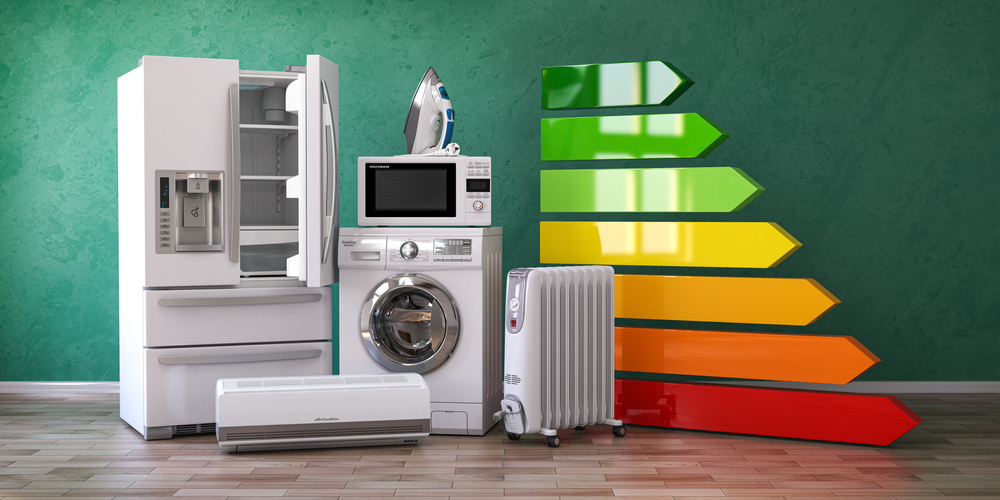
Energy-Efficient Appliances Use Less Energy
When shopping for energy-efficient appliances, homeowners can look for one tell-tale label: ENERGY STAR. This label is affixed only to products that meet certain guidelines for energy efficiency.
ENERGY STAR appliances use less energy for the same performance as other models. When an appliance uses less energy, homeowners could save some money. In addition, less energy use also is beneficial for helping homeowners decrease their carbon footprint. Some energy efficient appliances could be better for the environment, too.
What appliances can be found with an ENERGY STAR label? Homeowners can look for these products:
- Refrigerators
- Washers/dryers
- Dishwashers
- Computers
- Furnaces
The ENERGY STAR label can be found on many other products and appliances. For a full list of products and to find all the energy-saving options, homeowners can visit the ENERGY STAR website.
Other Ways to Create an Energy-Efficient Home
While energy-efficient appliances can help homeowners decrease their carbon footprint, use less energy and save money, there are many other ways to create an energy-saving home. For example, the layout, insulation and even the roof of the home could add to the energy efficiency.
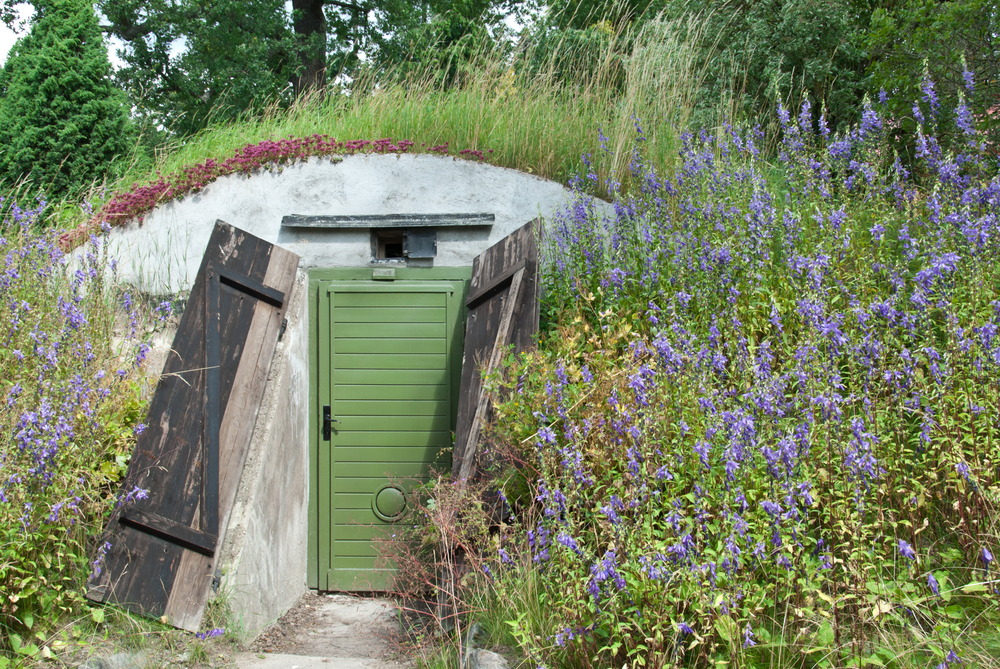
Energy-Efficient Layout and Design
The layout of the home could be structured to be more energy-efficient. Geodesic dome homes are unique in that they are dome-shaped homes, but this is an energy-efficient layout thanks to the open design.
Some homes might even be built into the ground. These are called underground Earth-sheltered homes or bermed Earth-sheltered homes (these homes are only partially covered by the ground). Both designs are energy-efficient, but they can be more expensive to construct.
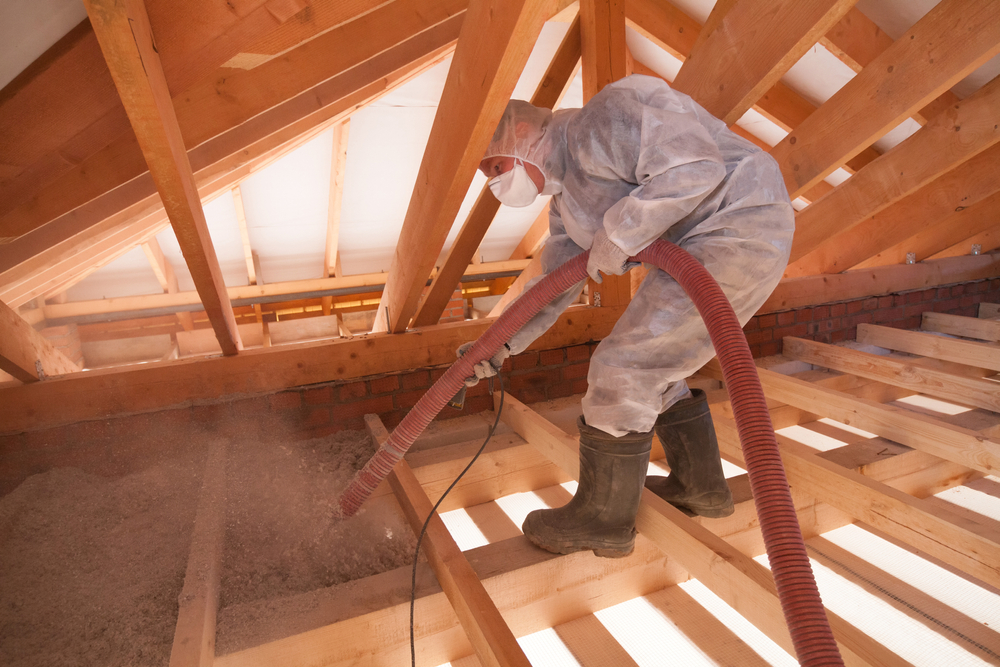
Proper Insulation
Insulation can increase (or decrease) the energy efficiency of a home, too. Proper insulation allows the home to stay warmer in the winter and cooler in the summer. However, homes that are inadequately insulated could cause drafts or additional heat that puts pressure on the HVAC, driving up energy use and utility costs, too.
If homeowners are noticing that a room is hotter during the summer than the rest of the home, there could be an issue with insulation. However, circulation also could be a problem.
One tell-tale sign of poor attic insulation is when snow melts unevenly or quickly on the roof. Compared to the neighbor’s homes, if the snow is melting faster on the roof, poor insulation could be the culprit. The snow melts faster as the heat is escaping from the top of the roof.
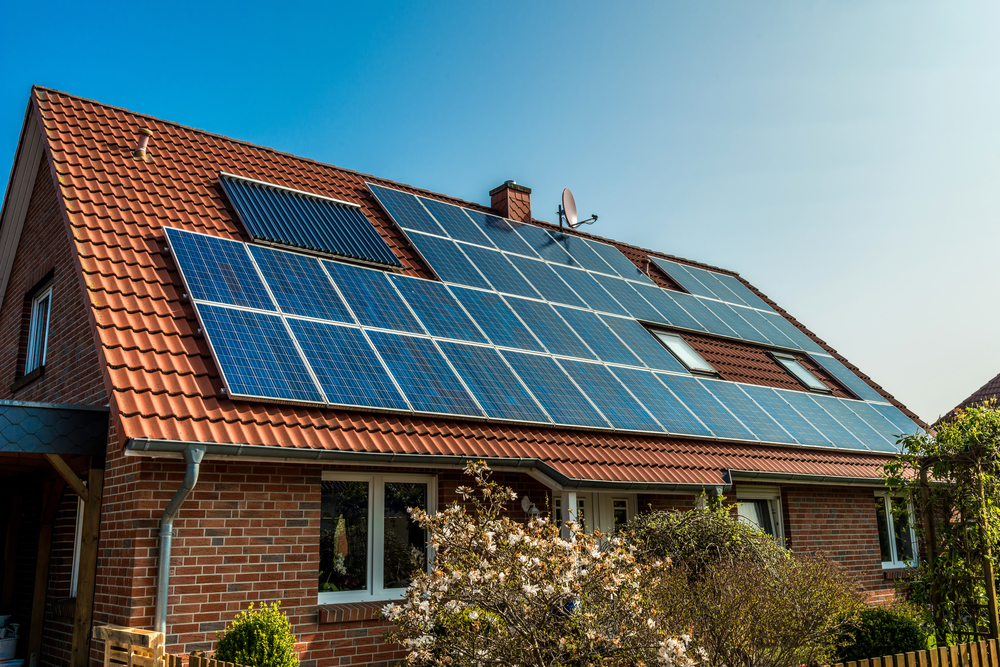
Solar Panels Can Remove Reliance from the Grid
Installing solar panels allows homeowners to embrace energy efficiency for their home and perhaps remove some reliance from the grid. Solar panels convert the power of the sun into electrical energy.
These panels can help homeowners save energy and money, too. The downside to solar panel installation, though, might be related to their cost. According to Nerdwallet, the panels plus installation could cost anywhere from $15,000 to $25,000.
Rebates could help offset the cost of these panels. In addition, homeowners also could talk to their tax professional or CPA to determine if installing panels could lead to a tax credit.
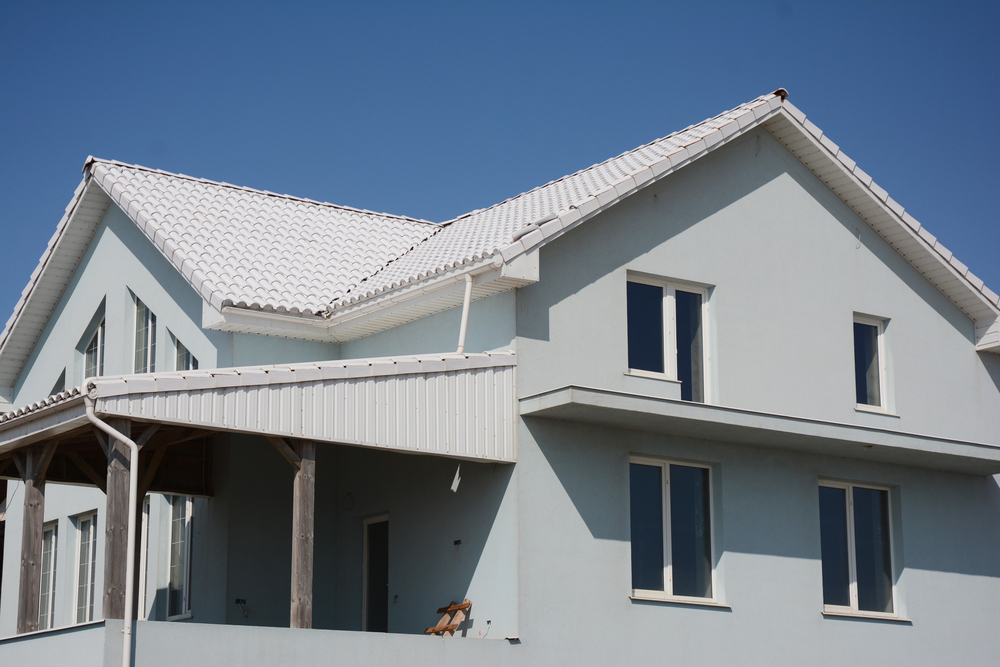
Installing a Cool Roof
Cool roofing materials help keep the home cooler. These shingles could be treated with a coating or might be offered in hues that simply don’t become as hot.
Some homeowners also could go green with their roof and grow a ‘green roof.’ These roofs include plants and other vegetation that absorbs the sun’s heat and helps keep the home cooler.
While cool roofs can help increase energy efficiency during the summer, they might not provide much help during the winter months. In areas of the country that experience year-round heat or extremely hot summers, a cool roof could provide energy savings and could help homeowners decrease the costs associated with cooling their home.
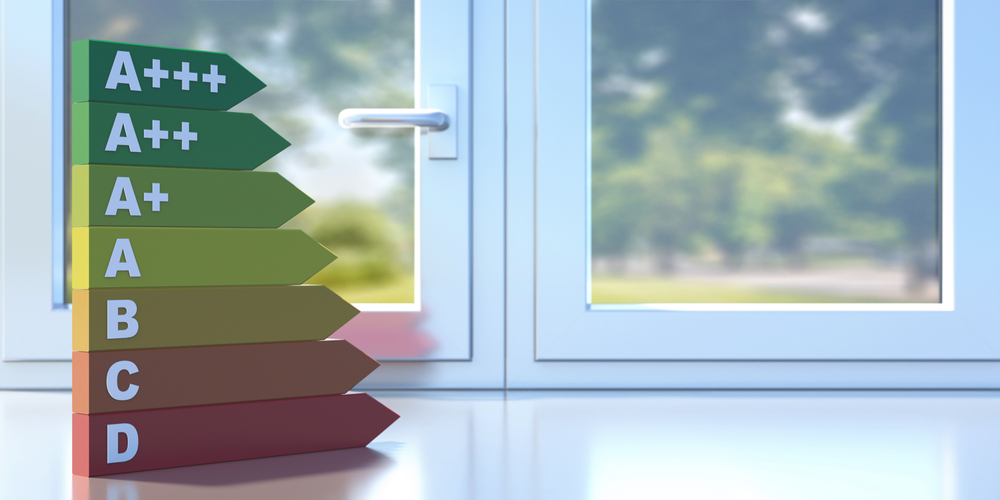
Energy-Efficient Windows and Doors
Windows and doors could be the source of energy leaks. For example, gaps around windows and doors could lead to drafts or additional heat. When homeowners need to swap out their windows and doors, they can look for energy-efficient options.
ENERGY STAR windows can decrease energy costs by about 12 percent. Homeowners can look for the ENERGY STAR label when shopping for new windows.
Doors also are offered with an ENERGY STAR label. In addition, homeowners can review the National Fenestration Rating Council (NFRC) label to better understand the efficiency of the door.
Energy Conservation Adds to Savings, Too
Energy-efficient products and materials use less energy for the same (or better) performance. However, energy conservation is all about mindful habits to decrease energy use.
Homeowners can add to their energy savings and save money in the process by making an effort to lower their energy consumption. Some simple tips to conserve energy include:
- Turning off lights when leaving a room
- Installing motion-activated faucets
- Taking shorter showers
- Adjusting the thermostat on the HVAC (78 degrees Fahrenheit during summer and 68 degrees Fahrenheit during winter)
Choosing energy-efficient products and making changes to conserve energy can help homeowners lower their energy use and decrease their utility bills, too. Creating an energy-efficient home could help decrease the home’s carbon footprint and maybe even aid the climate, too.


